

Descentia
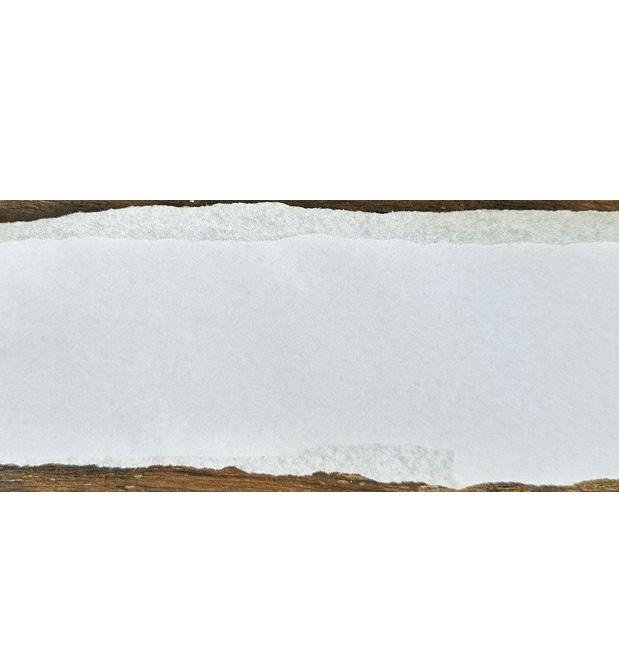
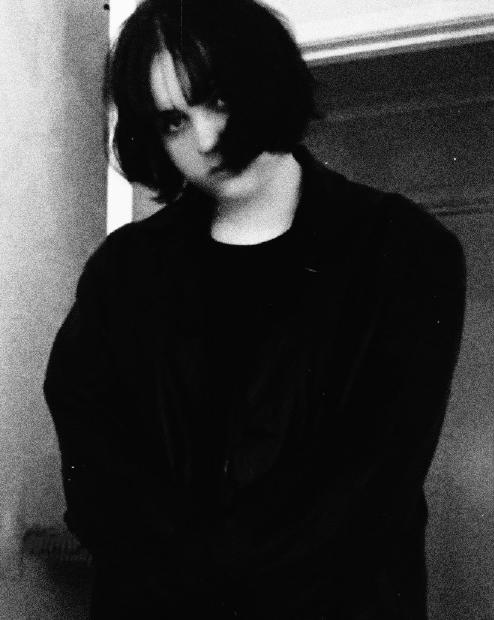
My Favourite Album By Brashen Burgess
Every edition, we ask a young person to tell us about their favourite albums. It can be a new or old album. You just need to love it.
In this edition, Brashen Burgess writes about one of his favourite albums, ‘In Utero’ by Nirvana.
‘In Utero’ by Nirvana is the band’s third studio album. It was released on the twenty-first of September in 1993. ‘In Utero’ was the follow-up to the massively successful album ‘Nevermind’ released two years earlier, which sparked a cultural revolution and caused grunge music to become mainstream.

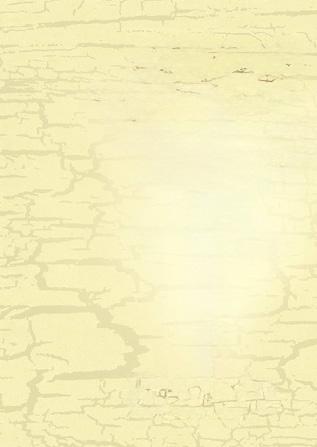
After the release of ‘Nevermind’, Kurt Cobain’s mental health spiraled due to the sudden fame and recognition, and he became determined, with the release of ‘In Utero’, to bring back the grungy and raw sound of their earlier record, ‘Bleach’.
The album ‘In Utero’ is a whirlwind of feelings such as angst, rage, acceptance, and a tribute to the punk music they grew up with and loved, particularly after Kurt felt that they had sold out with the production and success of Nevermind.
This feeling of self-loathing is a theme for many of their songs and lyrics such as the lyrics in the song ‘Sappy’ which says, “if you cut yourself you will think you are happy”, or ‘Dumb’ lyrics where he sings the line “I’m not like them but I can pretend” and then ‘All Apologies’ where it says “what else should I be, all apologies?”
To conclude, I love this album due to the fact that you can listen to it in any mood because of the wide variety of songs. If you were to listen to any Nirvana album, I would recommend ‘In Utero’.
Flexi Fest

Music, Art and Woodworks
12th September 2024

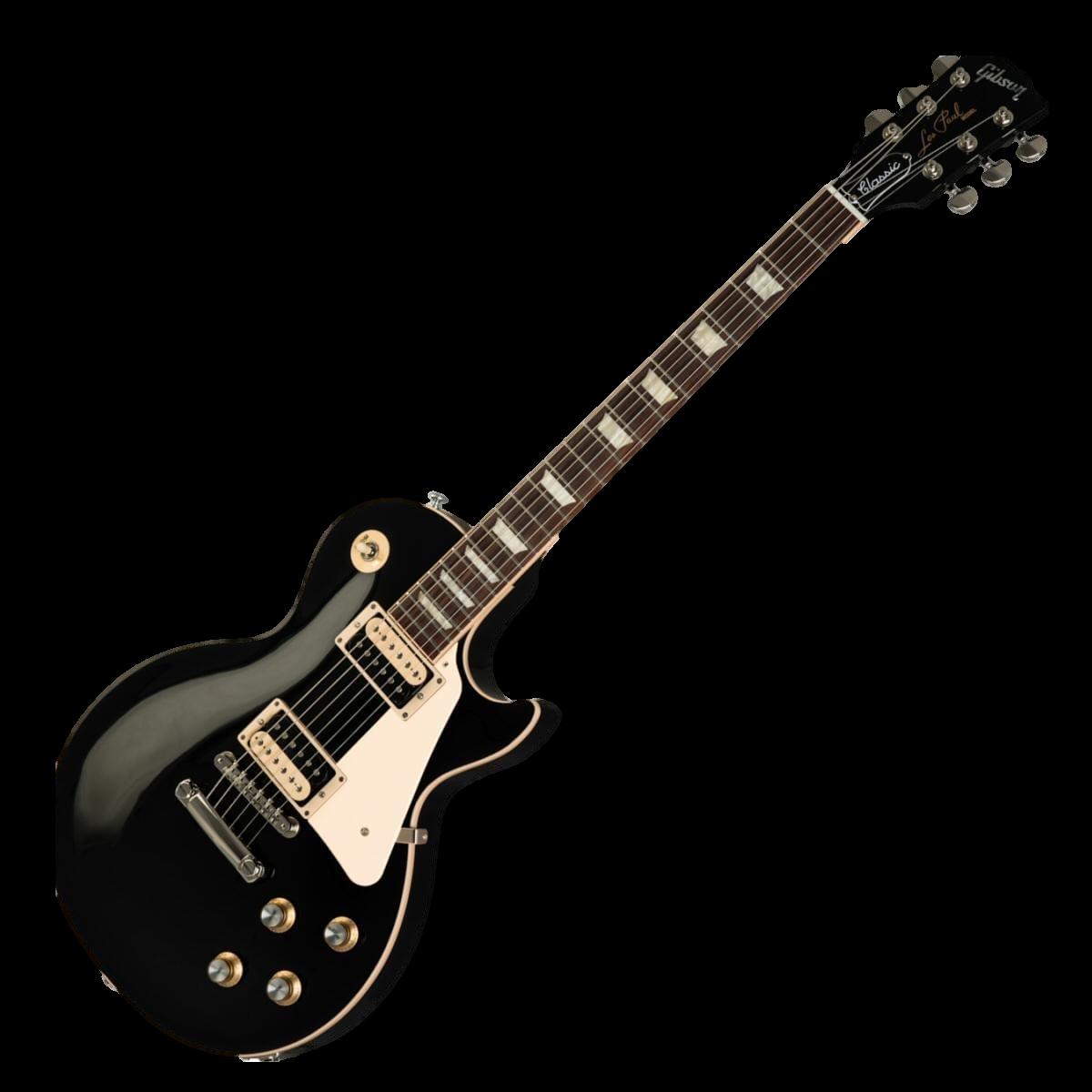
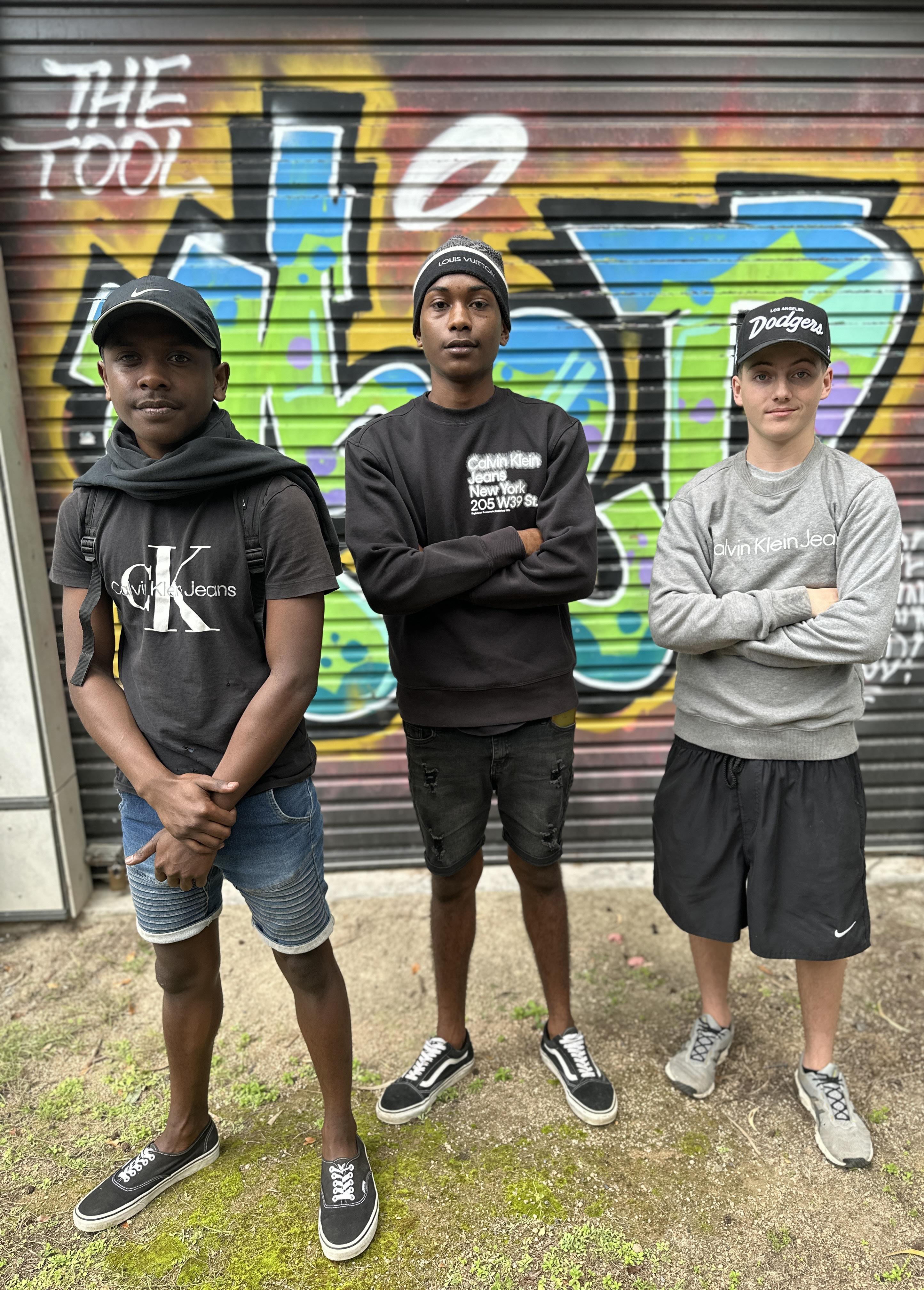
Quickfire Questions
In this edition, we talk to Nat, Shane, and Bali about their favorite music and artists.
What’s your favourite band or artist?
Bali: “Akon.”
Nat: “I’ll just go with Akon, the same.”
Shane: “50 Cent.”
What song have you got on repeat lately?
Nat: “Anything by Hooligan Hefs.”
Bali: “Hypnotize or Dangerous by Akon. That’s a gangsta song.”
Shane: “Heat Stick by Shoreline Mafia.”
What’s the first song you remember hearing as a child?
Nat: “Something by 2Pac or Biggie.”
Shane: “2Pac, Biggie, 50 Cent. All the old school.”
Bali: “I can’t think of anything.”
If you could hang out with any artist dead or alive, who would it be?
Nat: “2Pac.”
Shane: “King Von.”
Bali: “Yeah, King Von.”
Nat: “Yeah, actually King Von!”

Towards the end of their time at Noosa Flexi, Mack started creating lots of music and uploading it to Spotify under the name of Descentia. Since graduating, they have continued to write and release songs and are building an online following around the world. Mack came into Flexi earlier this term to tell us a bit about their songwriting process and what it feels like to have fans as far away as places like India.
Why did you start making music?
“I was just listening to Nine Inch Nails one day, and I was like, I want to make something like this. And then I really wanted to make something that would give people goosebumps.”
What’s your process for creating the music?
“I just use Soundtrap, which is an app on your phone or a computer, and I just do it myself. I select loops off the app, like synth loops or drum loops or I make the drums myself on the pad.”
What instrument do you normally record first?
“Sometimes it’s the drums and sometimes it’s the bass first.”
Do you have the melody in your head before you start laying down the beat or the guitar?
“I make the music, and then I get all my lyrics and try and match it with the melody. I’ll start improvising and singing stuff out loud, things that won’t even make sense, and then my mind just starts working away and everything comes to me quite fast.”
Do you think it’s amazing that you’ve got nothing, and then you’ve got a song?
“Yeah, if you told my younger self that I’d be doing that, I’d say ‘no way that’s so cool.’ Although I think songwriting can seem a bit mysterious to other people, it’s not really and anyone can do it.”
What comes first, the music or lyrics?
“The music.”
Which one of your songs is your favourite?
“Probably Shadows. That was fun because I was in a studio setting at Flexi and I got to get a bit technical with stuff.”
“At Flexi, I got my confidence and I found out who I was. I got to express myself in all different ways”

“I mainly write about my schizophrenia and mental health and what goes on in my mind. I guess I just want to show people that they’re not alone. I know a lot of people before me have written about their troubles and mental health stuff and have helped people, but I want to do that too.”
Do you find that it helps you, writing that stuff down, those feelings and thoughts?
“Yeah, it’s therapeutic for me. It helps me reflect on what’s going on in my mind. It’s almost like talking about it without talking about it.”
Who inspired you to make music?
“Trent Reznor and Nine Inch Nails. The way I listen and interpret his songs, I relate to it a lot. It goes back to my schizophrenia and my mental health; listening to his music really inspired me to talk about what’s going on and stuff.”
What are your goals in music?
“I just want to make people feel something. I don’t really care if my music goes anywhere, to be honest. I’d be happy with a small little audience, even if it’s just my friends that like my music. I can discuss it with them and get help and feedback.”
Your music is on Spotify and other streaming platforms. Where’s the weirdest place you’ve got fans from?
“Probably India.”
There’s probably a person somewhere in the world, sitting in their room right now listening to your songs. How does that feel?
“I’m really grateful, and it really makes me happy that random people around the world know about my music and potentially relate to me.”
What type of music do you listen to?
“I listen to Nine Inch Nails, Type O Negative, Depeche Mode, and sometimes Ghost. Mainly industrial type of music. KMFDM is another one. Rammstein and Smashing Pumpkins too.”
What advice would you give to somebody who wants to start writing and releasing music?
“Be authentic with your lyrics, and be truthful, honest, and down to earth.”

What about if somebody’s thinking, “I’d love to do that”, but they don’t know how to go about it?
“I would recommend the app Soundtrap because it’s not just loops. You can also make your own sounds. Play around with it, and you’ll end up getting what you want.”
How did Flexi help you?
“At Flexi, I got my confidence, found out who I was, and got to express myself in all different ways, all different genders, and sexualities. I got to be myself, and people would identify with me as that, and it was very validating. It just helps you on your journey to find out who you really are because you feel like you’re in a safe environment. So, figuring out who I was really helped me to find out what I liked, what music I like, and other stuff. I really got my confidence and figured out things about myself that I didn’t really think about, like wanting to make music.”
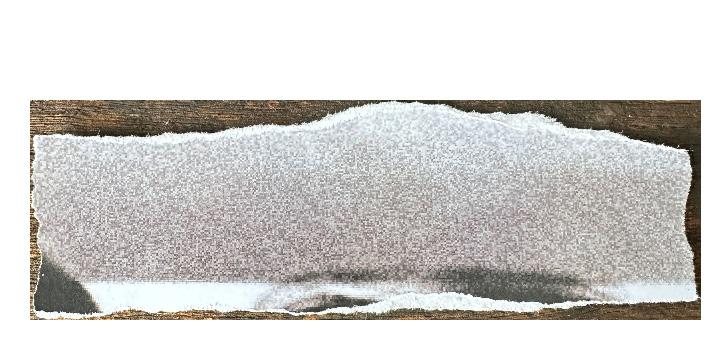
“I mainly write about my Schizophrenia and mental health and what goes on in my mind. I guess I just want to show people that they’re not alone”
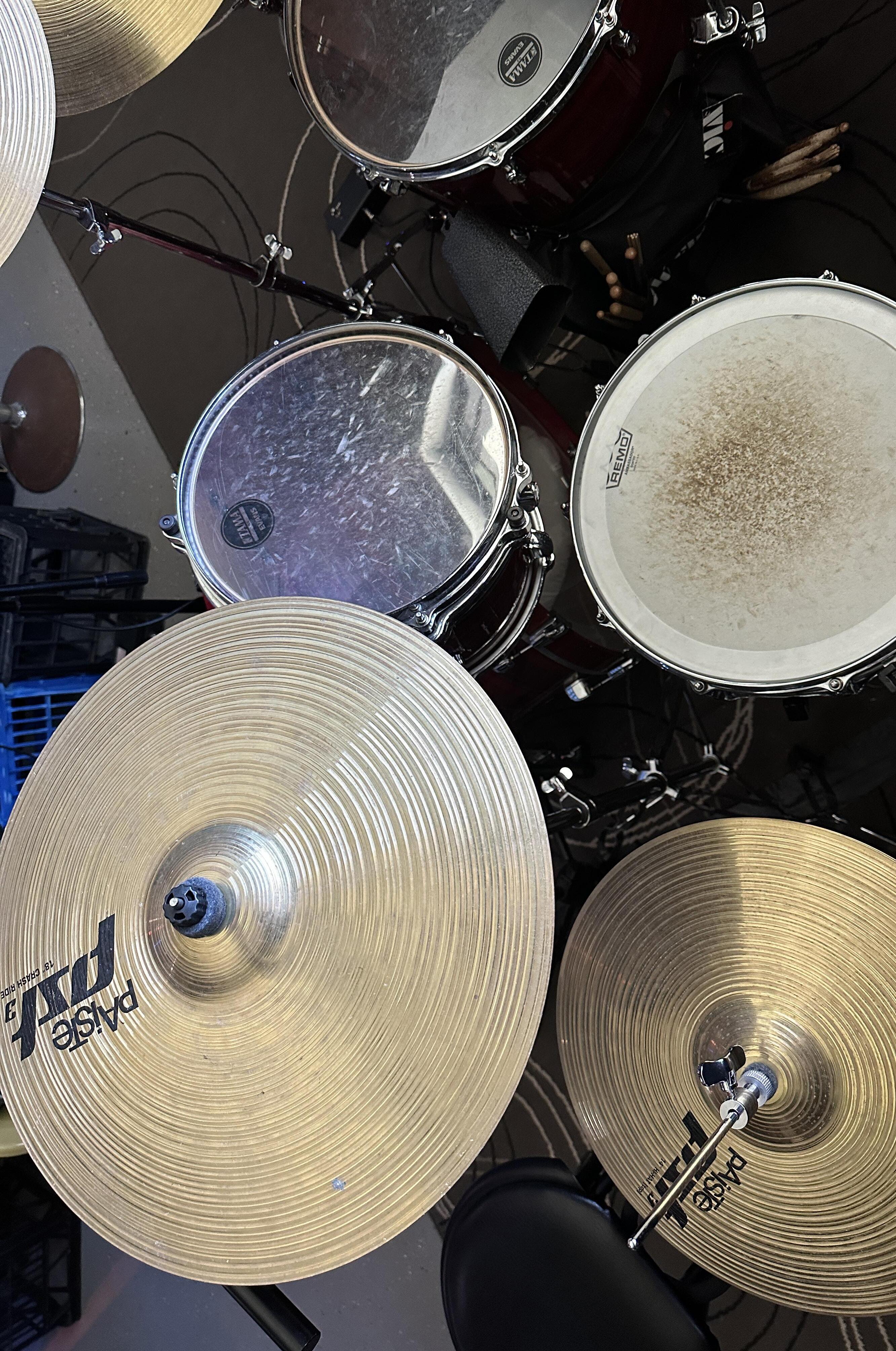
Tara
Prior to the beginning of last year, Tara didn’t play an instrument. By the end of the year, she was playing live on stage at The J in Noosa Junction for our Noosa Flexi graduation ceremony.
Tara has a deep love of music, as is evident from the hours she racks up on Spotify playing Radiohead. Last year, she was in their top 0.001 listeners in the world! So it seems like a natural progression to start playing music herself.
One of the highlights of our music program last year was when Tara started playing drums in our bands here at school. Once she started playing, she would sit in on every session, sometimes playing nearly all day!
Tara continues to play drums but has also started learning bass and guitar. She is also one of our inaugural students for the Certificate II in Music this year at Flexi.
With this being Tara’s final year at school, we are looking forward to seeing her play at her own graduation ceremony in November.

Noel by Evie
Guy Harrison, the technical director at The J in Noosa Junction, is an old friend of Flexi, having been the sound engineer at all of our graduation ceremonies. At the end of last term, our Cert Music students met with Guy at his home studio to pose questions to him as an industry expert for an assessment piece. While we were there, we took the opportunity to interview him for the music magazine.
How did you get into the music industry?
“I used to sing in a punk band, and I used to mix the band and then run up on stage and sing with them. So, we used to do an instrumental first, and I would stand behind the console and do the mix, mostly out of not having any money to pay people to mix it. So that’s where it began.”
How long have you been working at The J?
“I’ve been at The J for about 14 years. I used to refer to it as a basketball court with a PA system when I first went in there. It was horrible and splashy and wrong, acoustically. It’s come a long way. It looks like a theatre now and it sounds like a theatre, so my job’s kind of complete, I think.”

At The J, you’ve done the sound for so many things like bands, comedians, and shows, as well as our graduations. How has that experience been?
“Yeah, look, it’s been a great learning experience. Prior to this, I worked in Sydney for a production company, and we did all sorts of touring shows. We always kind of frowned upon house engineers in theatres, if I’m honest, because you have to do so many different things. I was just all about doing bands and doing rock and roll, and I did a lot of touring, which was great, but it’s probably a young person’s sport being away for months on end. It’s a real lifestyle in that you work hard and longish hours.
The J’s been amazing for me. There’s not a lot of gigs or venues like that in the vicinity around here; you know, Caloundra is probably the next one. It’s a regular income because, when you’re touring for many months, you then have a few months off without an income. It’s sporadic.”
What are the good and bad points about your job?
“The good points are you are always learning, and there’s always something to learn every day. The relationships that you make with people through trying to get people’s art out are wonderful and lifelong. I’m super thankful to have those relationships.
You know, seeing the smiling faces in the crowd when you’re delivering stuff, whether that’s theatre, musical theatre, or dance, it’s impressive when you look along a row of people. I see it a lot at The J when I’m mixing in the house and a band’s getting up for an encore and the crowd’s going mad. It’s important to take in that moment and know that you were partly responsible for making that happen.
The bad is probably the longer hours, but I think for me, the good far outweighs the bad. It’s a lifestyle, and you need to just be ready for that.”
What advice would you give to someone who wants to get into the music industry, either in a band or sound engineering?
“Just get out there and do it. Get some experience. It’s one of those things you only learn through doing. It’s not a very textbook artform, but there are a lot of training programs out there now, and there’s a hell of a lot that you can learn from the Internet.
There are a lot of multitracks you can get to have a go at mixing songs. There’s ‘Pure Mix,’ which is a big meeting of producers and engineers. It’s a website that you subscribe to, and they have mix competitions, and often you’re mixing the latest bands tracks.
There are lots of friendly people in this industry, and we are always looking for new talent. You can also do some volunteering. For example, festivals are doing it tough right now, so there’s probably more of a need for volunteers than ever before. Get out there and get involved. And if you’re in a band, just keep playing. And look, get lessons. I came out of garage punk rock. I would say that the classic mistake is not getting lessons. I think there are a lot of great self-taught people out there, and there are a lot of different ways to learn. Just keep trying to hone your craft. It’s the beauty of it; it never ends. You can get as good as you want to be. It’s all about hours on the instrument and time behind the console.
There’s a real shortage of techs in the industry right now, so it’s probably easier to get a start than it has been in the past. A lot of people left the industry during Covid and haven’t come back.”
What made you decide to build your own music studio?
“I think it was always the plan. I’ve been collecting equipment forever, so this is the space where it all comes together. It’s been the dream for a long time. And look, it’s to help other people as well. It’s to bring other pieces of work to life. I really don’t want this to be a studio for hire. This is a place where I go out and identify things that I want to record and then take them on as projects.”
You have the famous Neve mixing desk in your studio. What makes the Neve so special?
“It’s the history and what it does. There’s just the whole history that every great recording artist has been on a Neve at some point. The sound is thick and warm, and there are things that the Neve EQ (equalisation) does that I just can’t do with other EQs.
I mean, inductor EQs in general. There’s something about inductor EQs that are just sweet and magical.” (NB: Inductor EQs are analogue equalisers as opposed to

“Just keep trying to hone your craft...You can get as good as you want to be. It’s all about hours on the instrument and time behind the console”

Noosa Flexi Media
Noosa Flexi Media magazine is produced by young people at Noosa Flexible School.
This editions contributors:
Brashen Burgess
Tyler Hingst
Tahlia Betzien
Nat Seeto
James Barsby
Shane Seeto
Bali Zauner
Tara Madden
Lilly Brown
Sage McCann
Summer Guerin
Amelia Yewen-Ladhams
Alia Sloane
Kobi Berger
Jasper McKenna-Collis
Evie Scott
Jacob Bagnato
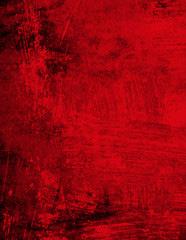

We are looking for young people to contribute to the next issue. Let us know if you are interested.

